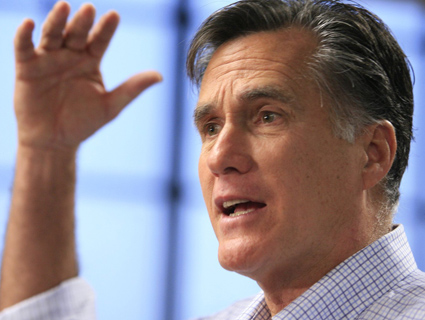In the lead-up to the 2010 elections, conservative activists raised the specter of liberal voter fraud, claiming that illegal immigrants, union thugs, and the Black Panthers, among others, would try to rig the election. Tea party leaders, supported by Republican officials, deployed legions of “poll watchers” to flag suspicious activity. But after Election Day came and went, there was little evidence of rampant fraud.
Nevertheless, the right has refused to relent on the fraud issue. USA Today reports that Republican-controlled legislatures in half dozen states have passed new voter ID laws since January:
Proponents say the measures prevent vote fraud. Opponents say they are designed to stifle turnout among students, poor people and minorities, who are more likely to vote for Democrats but might lack government-issued IDs, such as driver’s licenses and passports.
Buoyed by big Republican gains in the 2010 elections, six states have enacted photo ID laws since January — Alabama, Kansas, South Carolina, Texas, Tennessee and Wisconsin. Bills in New Hampshire and North Carolina await gubernatorial action. The measures, all passed by Republican-controlled legislatures, could bring to 17 the number of states with photo ID requirements and come nearly 18 months before elections for Congress and the White House. Other states — including Florida, Georgia, Tennessee and West Virginia— have reduced the period for early voting.
Democrats hate voter ID rules because voters who lack photo identification tend to be young people, immigrants, and the poor—all groups that disproportionately vote for Democrats. But it will be tough-going to overturn the new laws: as The Washington Post’s E.J. Dionne points out, the Supreme Court upheld a controversial Indiana voter ID law in 2008. If voting-rights groups want to go through the judicial system to block these statutes, it won’t be enough to show that the right’s fears of voter fraud are spurious. They’ll be pressed to provide the courts with further proof that these new laws are suppressing the rights of eligible voters.














